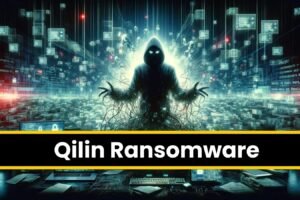
Generative AI biggest weapon and tool for cybersecurity: Microsoft’s Brad Smith
The biggest threat and tool to manage cybersecurity will be through generative AI, said Microsoft USA vice chairman Brad Smith during the B20 India Summit 2023 in New Delhi.
Addressing cybersecurity attack concerns raised by generative AI, Smith said that there will be an increasing number of organisations and governments that will use the technology to develop cybersecurity threats.
“The problem today is that we live in a world where the cloud services, all of the technology that we use, is susceptible to attacks from cyber criminals and nation states,” said Smith, adding that as the success rates of criminals are falling, the volume of cyber attacks is also rising.
He said that 80% of all successful ransomware attacks originate in an organisation through unmanaged devices or services. He added that cyber attacks by nation states have also increased with almost 40% of the attacks targeted towards critical infrastructure. “So today, if a government or country wants to defend itself, it’s going to have to be able to defend and protect its critical infrastructure,” Smith said.
Given the massive shortage of cybersecurity professionals globally, generative AI can help augment the technology, he opined. “I think we’ll be able to use it to identify these patterns in data to query and even predict what will be done next based on that kind of predictive learning. And when we equip our engineers with generative Al, they work faster,” he added.
He said that Microsoft intercepts 4,000 identity attacks every second.
Smith added that the US administration has put pressure on the technology industry over the past two years to create a set of common standards for cybersecurity which has been a positive for the industry. “My hope is that we get more collaboration among governments because if they collaborate more closely, it will provide a more common standard,” he added.
The senior executive said that the private sector has a role in not only adopting the best practices for cybersecurity but to advocating for standard practices.
“Do we want to live in a world where it becomes accepted practice for sophisticated government intelligence and military resources to target the private sector, healthcare and critical Infrastructure? Or do we want to use our voice to say there needs to be rules of the road? And in the 20th century, the governments of the world came together and they adopted a principle,” he said.
Source: https://bit.ly/3Toua27



